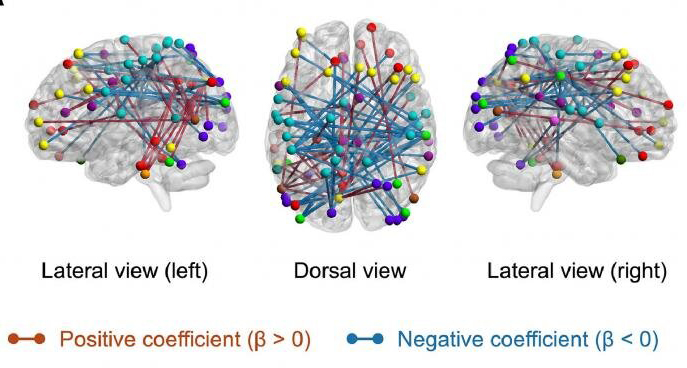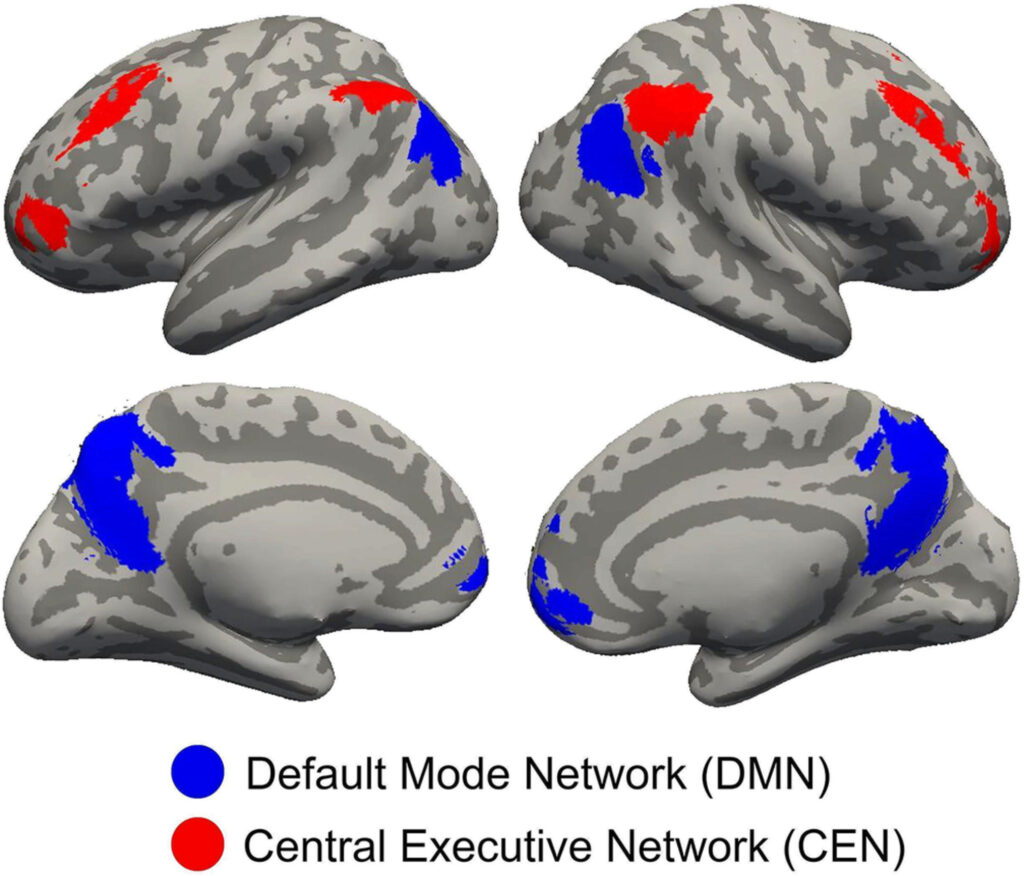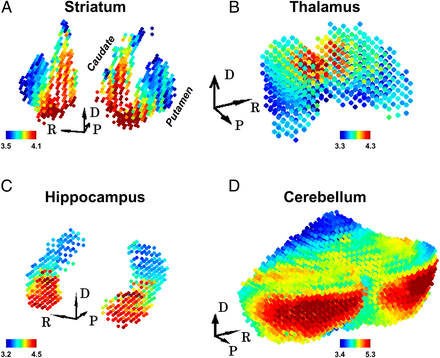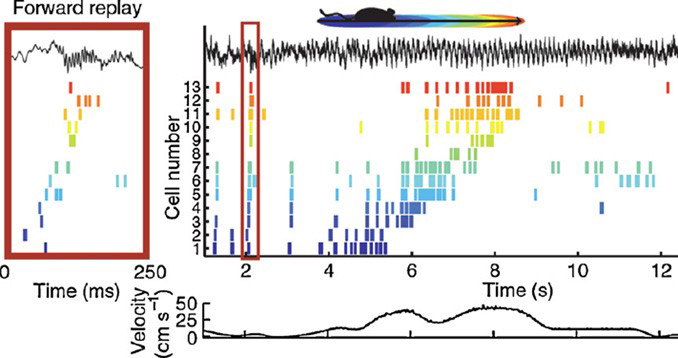Tuesday, 15 March 2022
Exercising in childhood appears to have positive effects throughout life
 In the northern hemisphere, spring and summer are finally approaching, and I advise everyone who lives here to take advantage of the increased opportunities to get out in nature for their exercise. Because if there’s one thing that’s been very well established scientifically, it’s that physical exercise has positive effects on all of our bodily functions, including the cognitive ones. I’ve posted about this topic here for example in 2017, so today I’ll keep up the tradition and tell you about a recent study by Toru Ishihara and his team at Kobe University in Japan, about how childhood exercise can maintain and promote cognitive function in later life. (more…)
In the northern hemisphere, spring and summer are finally approaching, and I advise everyone who lives here to take advantage of the increased opportunities to get out in nature for their exercise. Because if there’s one thing that’s been very well established scientifically, it’s that physical exercise has positive effects on all of our bodily functions, including the cognitive ones. I’ve posted about this topic here for example in 2017, so today I’ll keep up the tradition and tell you about a recent study by Toru Ishihara and his team at Kobe University in Japan, about how childhood exercise can maintain and promote cognitive function in later life. (more…)
Body Movement and the Brain | Comments Closed
Monday, 28 February 2022
Mindfulness meditation at school improves sustained attention and cognitive control

Many young people have trouble in focussing on tasks to complete them successfully. Scientists have shown that the mere presence of your cell phone within easy reach can affect your cognitive abilities, which may be part of the reason for attention problems among today’s youth. But the human brain, and especially the young human brain, is highly plastic. And a study published in the journal Human Brain Mapping in September 2020 seems to have proved it once again, by showing that 8 weeks of training in mindfulness meditation improves sustained attention and cognitive control among Grade 6 students. (more…)
The Emergence of Consciousness | Comments Closed
Tuesday, 4 January 2022
The dark side of the scientific-publications business
 Today’s post was inspired by an online course about the process and the business of publishing scientific articles. Presented in French by Julie Augustin, a doctoral student in the Department of Biological Science at the Université de Montréal, in March 2021, this course is now available as two 1-hour YouTube videos. The first, La publication scientifique, qu’est-ce que c’est ?, discusses how researchers prepare scientific articles, how these articles are reviewed by the researchers’ peers, and how they are published in scientific journals. Most people who aren’t scientists themselves don’t know much about these processes, but nowadays, when many of us are basing critical health decisions on discussions of such articles in the media, it’s good to learn more about how these articles get produced. (more…)
Today’s post was inspired by an online course about the process and the business of publishing scientific articles. Presented in French by Julie Augustin, a doctoral student in the Department of Biological Science at the Université de Montréal, in March 2021, this course is now available as two 1-hour YouTube videos. The first, La publication scientifique, qu’est-ce que c’est ?, discusses how researchers prepare scientific articles, how these articles are reviewed by the researchers’ peers, and how they are published in scientific journals. Most people who aren’t scientists themselves don’t know much about these processes, but nowadays, when many of us are basing critical health decisions on discussions of such articles in the media, it’s good to learn more about how these articles get produced. (more…)
From the Simple to the Complex | Comments Closed
Friday, 26 November 2021
Study on the intrinsic, dynamic activity of the brain confirms a very general principle of its organization
 Scientists have known for some time that for our brains to perform any given task, a very short-term sensory memory function must co-operate with some of our longer-term memory functions. Scientists have also known that such encoding on various time scales is correlated with the frequencies at which the neurons oscillate in the associated parts of our brain, ranging from high frequencies in the sensory cortical areas to very low frequencies in the multi modal associative areas. But in an article entitled Hierarchical dynamics as a macroscopic organizing principle of the human brain, published in the journal PNAS in August 2020, authors Ryan Raut, Abraham Snyder and Marcus Raichle showed that this important principle can be generalized not only to the entire cortex, but also to several sub-structures within it. Throughout all of them, the temporal profile of the spontaneous oscillations in the brain seems to be structured along gradients starting in the high-frequency sensory areas and proceeding to multi modal, higher-function areas where the oscillation frequencies are far lower. (more…)
Scientists have known for some time that for our brains to perform any given task, a very short-term sensory memory function must co-operate with some of our longer-term memory functions. Scientists have also known that such encoding on various time scales is correlated with the frequencies at which the neurons oscillate in the associated parts of our brain, ranging from high frequencies in the sensory cortical areas to very low frequencies in the multi modal associative areas. But in an article entitled Hierarchical dynamics as a macroscopic organizing principle of the human brain, published in the journal PNAS in August 2020, authors Ryan Raut, Abraham Snyder and Marcus Raichle showed that this important principle can be generalized not only to the entire cortex, but also to several sub-structures within it. Throughout all of them, the temporal profile of the spontaneous oscillations in the brain seems to be structured along gradients starting in the high-frequency sensory areas and proceeding to multi modal, higher-function areas where the oscillation frequencies are far lower. (more…)
From the Simple to the Complex | Comments Closed
Monday, 8 November 2021
An example of the importance of our brain rhythms

A large majority of the neurons in the human brain display rhythmic activity patterns—in other words, they send out one nerve impulse, then go quiet, then send out another nerve impulse, and so on. These patterns, which have different frequencies, are one of the neurons’ preferred means of communicating with one another. But unfortunately, college and university neuroscience textbooks discuss the brain’s neural rhythms only very superficially, even though they are actually starting to shed light on many different scientific mysteries. One good example is the consolidation of learning, which is associated with certain types of neural activity in the hippocampus. That’s just about all that a lot of textbooks have to say on the subject—nothing about what specific mechanism might be involved. Or you might read that your recently acquired memories are consolidated while you’re asleep or reconsolidated when you retrieve them, and that the hippocampus is somehow involved, but that’s it. (more…)
Memory and the Brain | Comments Closed







